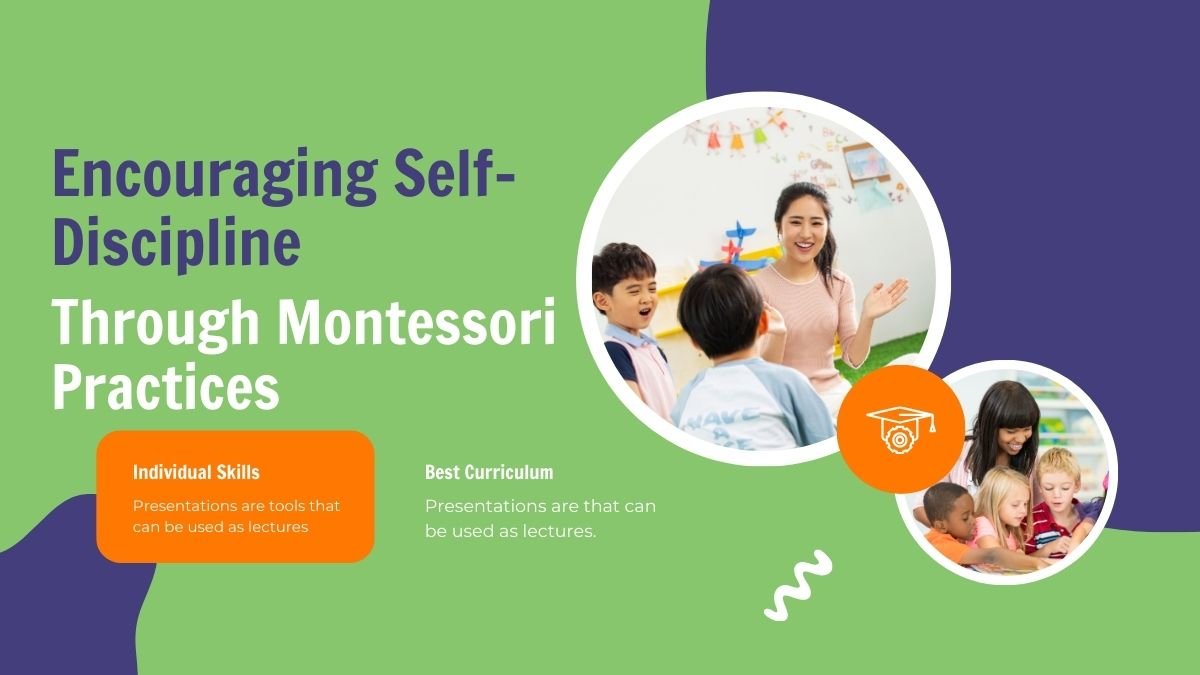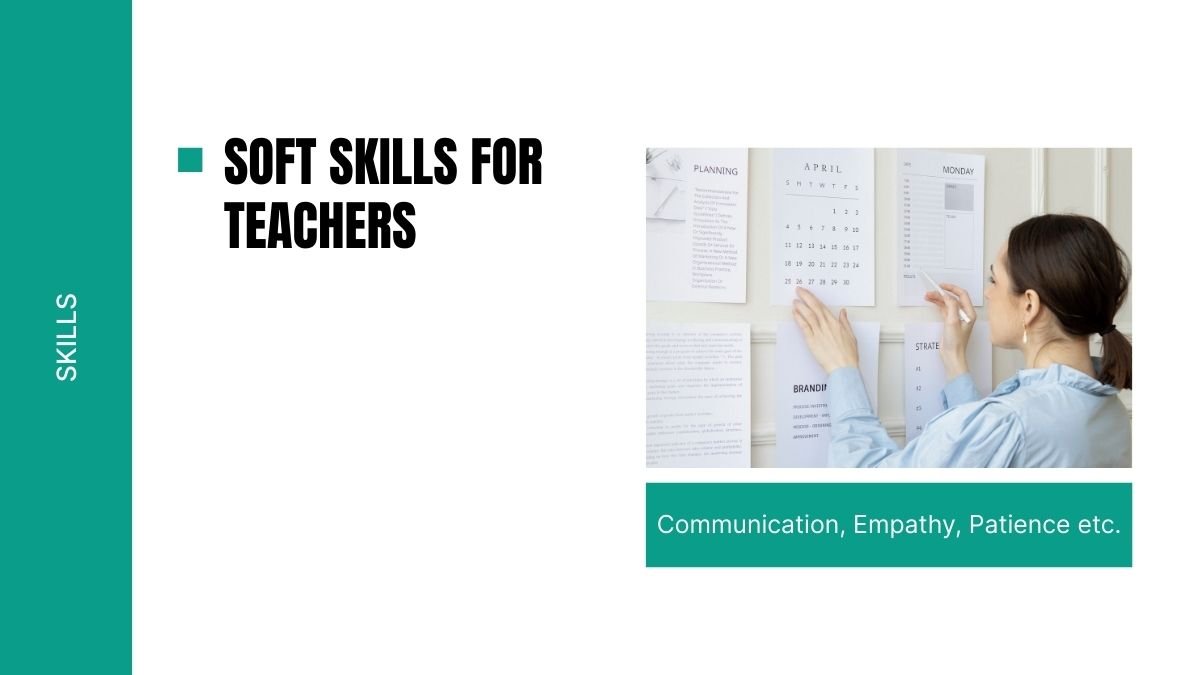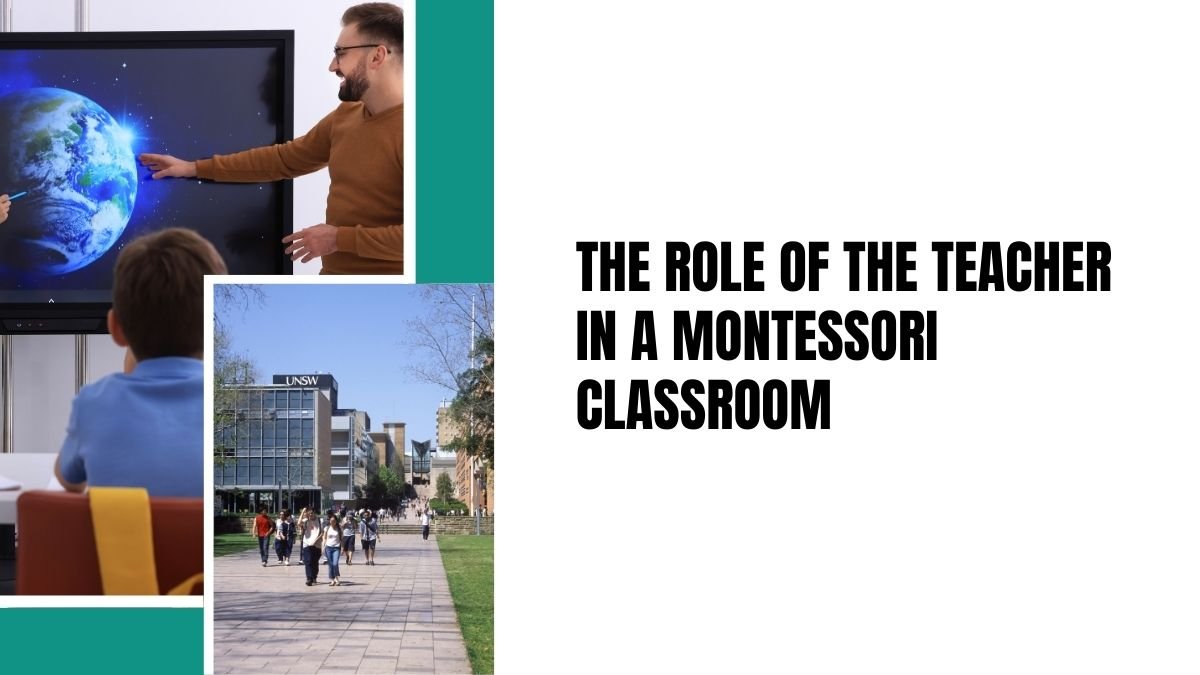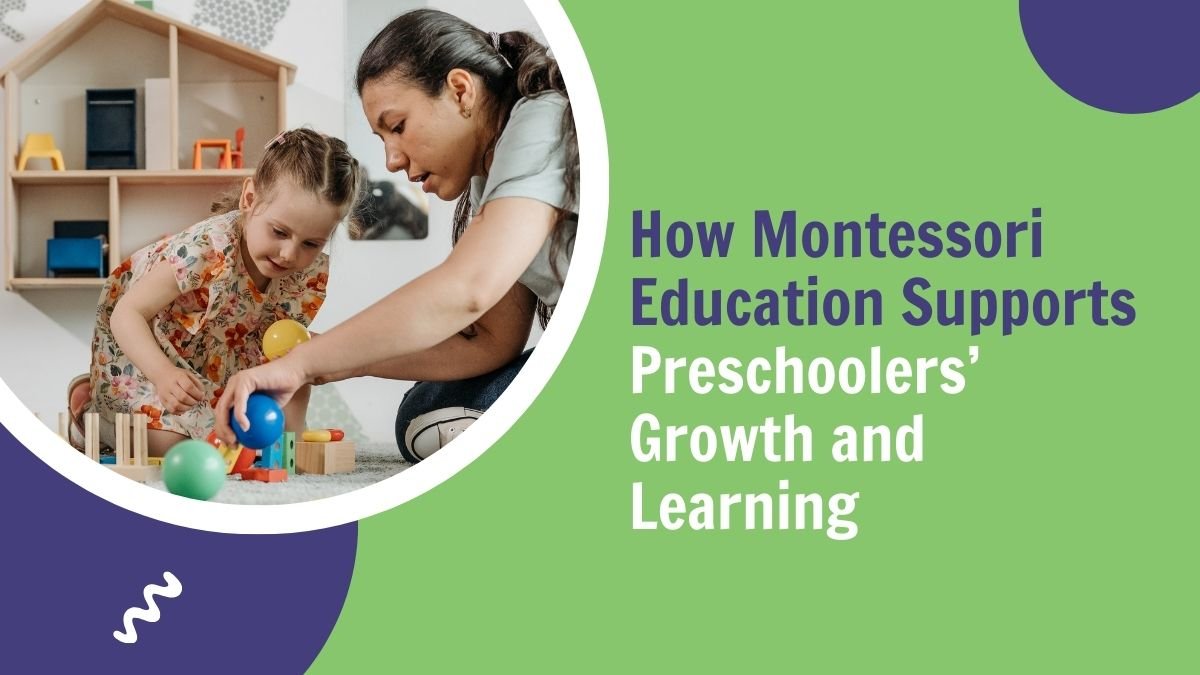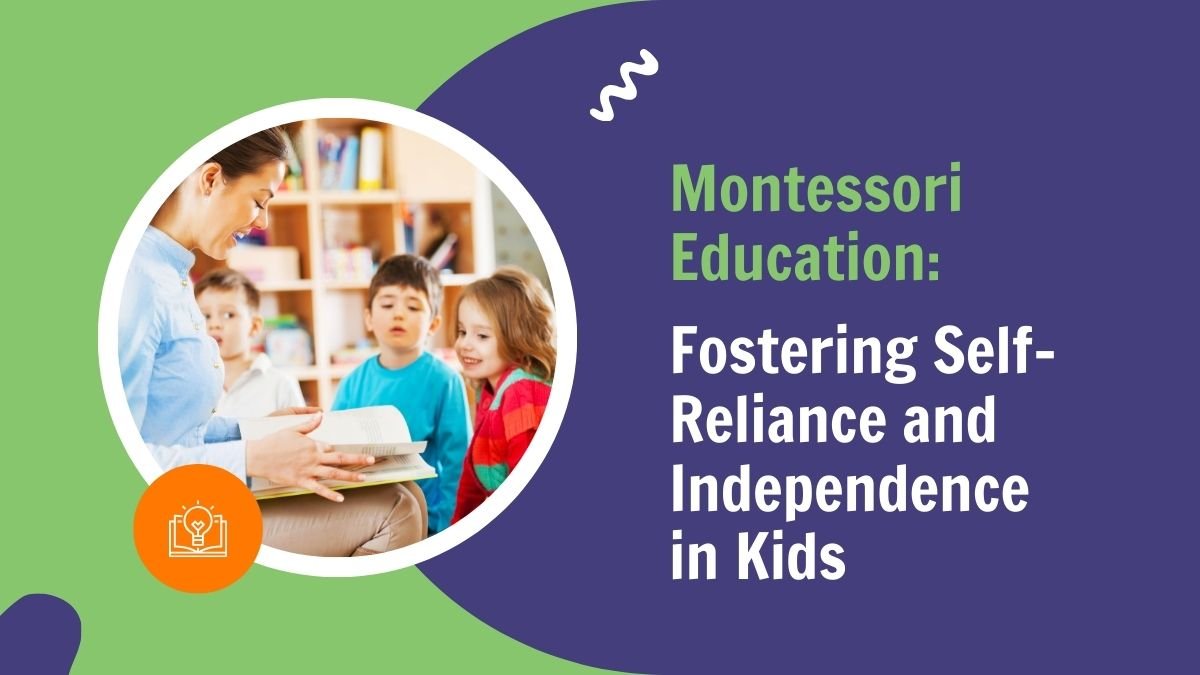Self-Discipline in Montessori: Developing Responsibility and Self-Control in Children
One of Maria Montessori’s key goals was to cultivate self-discipline in children. In Montessori education, self-discipline is more than following rules—it is about children learning to control themselves, act responsibly, and stay self-motivated. This is achieved through the principle of freedom within limits, which allows children to make choices while understanding the consequences of their actions.
Basic Principles of Self-Discipline in Montessori
1. Freedom within Limits
Children are given freedom to choose their activities within a safe, well-planned environment.
- They may choose to work with counting beads or care for plants.
- They learn to respect materials and others, balancing freedom with responsibility.
- Through natural consequences, children understand that freedom entails responsibilities.
2. Respect for the Child
Children are treated as capable, independent individuals. Their views and attempts are respected, which fosters self-esteem, confidence, and dignity.
Example: If a child makes a mistake, they are not reprimanded but allowed to learn from it, cultivating a safe space to experiment and grow.
3. Prepared Environment
Montessori classrooms are child-friendly, organized, and safe, with materials easily accessible. This supports self-directed learning and concentration.
Example: Counting beads are placed low for easy reach, and puzzles or cleaning tools are arranged so children can complete tasks independently.
4. Child-Directed Work
Children choose what to learn and in what order, enabling deep, independent engagement with tasks.
Example: A child measuring a water bottle practices concentration, fine motor skills, and logical thinking.
5. Consistent Routines
Predictable routines for sleeping, eating, and activities teach children time management, self-discipline, and organizational skills.
Example: Children follow a daily activity table after brushing teeth, learning self-control without constant supervision.
Practical Application: Developing Self-Discipline
Hands-On Learning
Daily practical activities like dressing, pouring, or folding clothes foster responsibility, independence, and concentration.
Care of Environment
Children learn responsibility and respect by taking care of their surroundings—cleaning tables, arranging toys, or watering plants.
Example: Cleaning a lab table teaches children to consider the consequences of their actions.
Clear Expectations and Natural Consequences
Montessori emphasizes learning from natural consequences rather than punishment.
Example: If a child spills water, they clean it up themselves, learning accountability and self-regulation.
Open Communication
Teachers and parents guide rather than dictate. Children understand rules and expectations clearly, making better choices and controlling their feelings.
Example: “If you spill paint, it is your job to clean it up.” Children perform tasks responsibly with understanding.
Role Modeling
Adults model positive behavior and problem-solving, showing patience and consistency.
Example: Teachers demonstrate plant care, and children learn to water plants thoughtfully and consistently.
Goal: Development of Self-Discipline and Responsibility
Through Montessori methods, children:
- Become self-disciplined and responsible.
- Handle activities and their environment independently.
- Develop empathy and compassion.
- Learn joyfully and confidently.
Montessori education equips children to learn from their own experiences, make thoughtful decisions, and prepare for real-life challenges with independence and responsibility.
